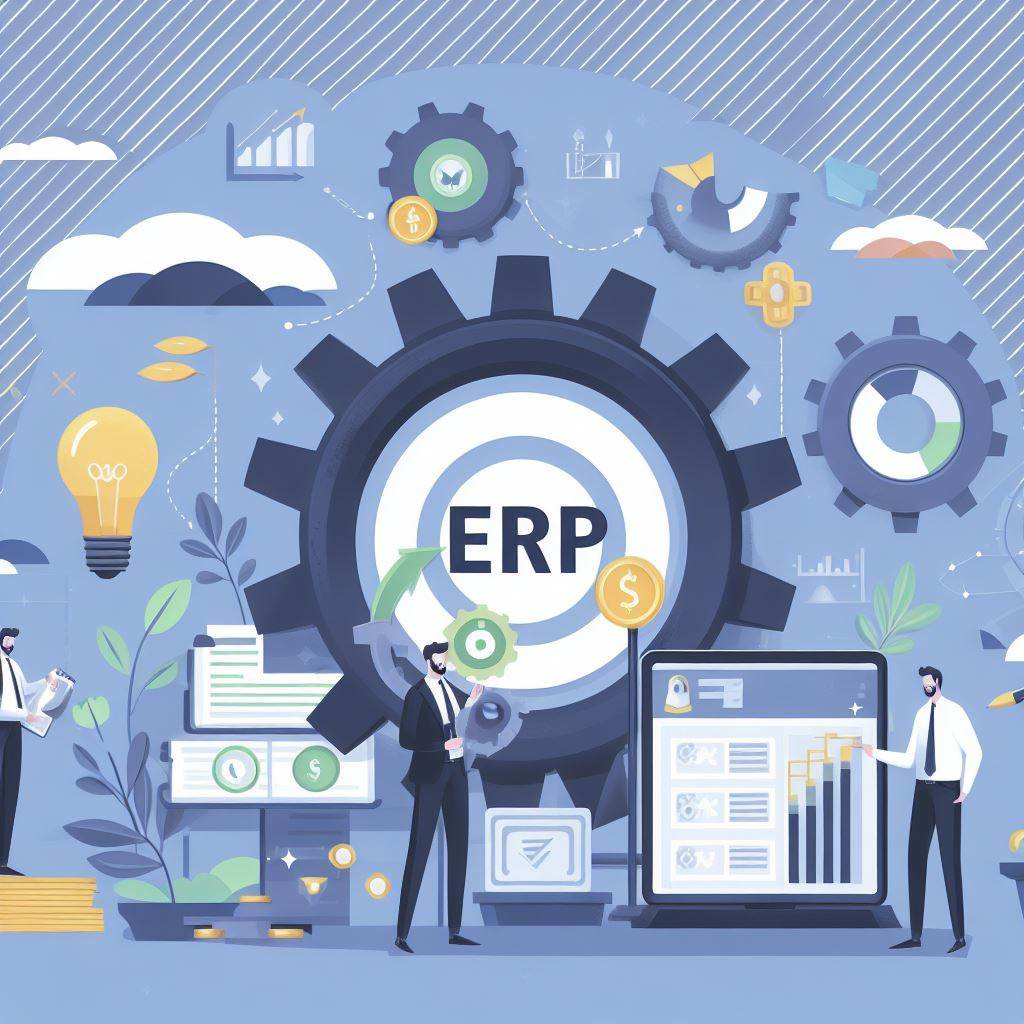What Is ERP?
Enterprise Resource Planning (ERP) is a robust platform that companies utilize to manage and integrate the essential components of their businesses. Think of it as the glue that binds together different computer systems within a large organization. Without ERP, each department would operate with its own system optimized for specific tasks. However, ERP software enables seamless communication and data sharing across departments through a unified interface.
Here are the key aspects of ERP:
-
Integration: ERP software can integrate all the processes needed to run a company. From planning and purchasing to inventory management, sales, marketing, finance, and human resources, ERP streamlines operations by connecting various functions into a single system.
-
Web-Based Applications: Over the years, ERP solutions have evolved. Many are now web-based applications that users can access remotely. This flexibility allows employees to collaborate efficiently, even if they’re working from different locations.
-
Benefits of ERP:
- Improved Communication: ERP fosters free-flowing communication between different business areas. When information is readily accessible, decision-making becomes more informed and efficient.
- Single Source of Truth: With ERP, organizations have a centralized repository of accurate data. This single source ensures consistency and reduces the risk of conflicting information.
- Real-Time Reporting: ERP systems provide real-time data, enabling timely insights into business performance. Whether it’s financial metrics, inventory levels, or production status, managers can make informed decisions.
- Customization: There are hundreds of ERP applications available, and most can be customized to fit an organization’s specific needs.
- Cost Savings: By eliminating duplicate systems and incompatible technologies, ERP reduces costs associated with maintaining multiple software solutions.
-
Implementation Considerations:
- While ERP offers immense benefits, its effectiveness depends on careful implementation. Organizations must plan meticulously, involve stakeholders, and ensure proper training for users.
How Does ERP Work?
- Data Flow: ERP coordinates the flow of data between various business processes. It acts as a central hub where information from production, finance, distribution, and human resources converges.
- Eliminating Duplicates: ERP integrates accounts payable, stock control systems, order monitoring, and customer databases into one cohesive system. This consolidation eliminates costly duplicates and ensures data consistency.
- Evolution: ERP has transitioned from traditional client-server models to cloud-based software accessible via the web. Companies rent services from ERP providers, selecting the applications they need.
In summary, ERP isn’t just software; it’s a strategic tool that empowers organizations to optimize their operations, enhance collaboration, and make informed decisions. Whether you’re a small business or a multinational corporation, embracing ERP can drive efficiency and growth.
Remember, like a well-orchestrated symphony, ERP harmonizes disparate elements into a cohesive whole, creating a melodious rhythm for organizational success










0 Comments